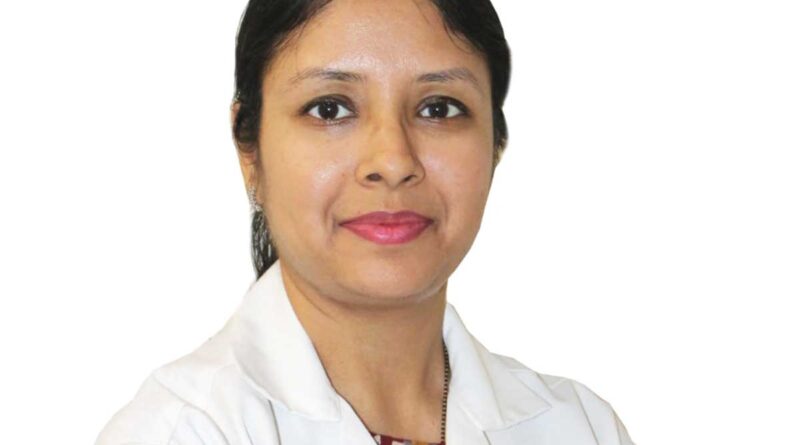There is a “CAN” in Cancer, and you can beat it: Dr. Richa Bansal
KYT speaks to the doctor from Horizon Prime Hospital on the eve of National Cancer Awareness Day
Cancer is one of the most common health concerns observed in India. Every year more than eight lakh cases of cancer are registered. It is almost equally common among men and women. With respect to women, breast cancer is the most common form of cancer, followed by cervical cancer. Thus, in view of National Cancer Awareness Day, celebrated on November 7, KYT spoke to Dr. Richa Bansal (RB), a senior consultant Gynaec Oncosurgeon and Laparoscopic Surgeon associated with Horizon Prime Hospital in Thane, to understand cancer in women and more.
KYT: What is cervical cancer? What are its symptoms?
RB: It is the second most common cancer in women in India and the leading cause of death from cancer. In India’s rural areas, cervical cancer is much more frequent. Early-stage cervical cancer may not show any symptoms. However, they can be seen at later stages. Common symptoms include abnormal vaginal bleeding, which may be post-sex, between menstrual cycles, or after menopause, foul-smelling vaginal discharge, and pain in the pelvis.
KYT: Are there any preventive measures for cervical cancer?
RB: Yes, HPV vaccination for adolescent girls and screening with PAP smear test for all women between 35 – 65 years.
KYT: What are the other gynaecological cancers?
RB: Other gynaecological cancers can develop in the vulva, uterus, ovaries, and vagina. Consuming high amounts of packaged foods and lack of exercise are some causes of uterine cancer. It can sometimes be hereditary. If a person experiences any of the symptoms mentioned earlier, they should immediately consult a gynaecologist.
KYT: The term “gynaecologic robotic surgery” is new in the medical world. Can you tell us more about it?
RB: Robotic surgery is a recent breakthrough in the field of surgery; it is a procedure in which the surgeon uses mechanical arms under their control and is equipped with cameras, equipment, and other devices to perform the procedure. Compared to open surgery, this type has less blood loss, less pain, and a quicker recovery. In some cases, patients can resume their regular daily routine within three to four days after discharge. The type and stage of cancer must also be considered; not every surgery is robotic.
KYT: Fighting cancer can get mentally challenging. What are your suggestions to the patients and their loved ones dealing with this ailment?
Numerous counselling sessions are offered for patients and their loved ones. They are explained the entire procedure. To help them visualise, we show them some images and videos. To keep them healthy, we make diet and exercise plans. We provide them with the best treatments using the most advanced technology. We ensure that we give confidence to the patients and their family members through the process.
KYT: Do we have any NGOs that support this or other government policies because cancer treatments are somewhat expensive?
RB: The government offers the Mahatma Jyotiba Phule Jan Arogya Yojana, available in all government hospitals and certain private ones. There are several NGOs that provide financial assistance to needy cancer patients.
KYT: What message would you like to give readers on the eve of National Cancer Awareness Day?
RB: People should try to educate themselves on cancer through newspaper articles, news programmes, talk shows, and other relevant media. People should practise fundamental self-care for their health by immediately seeking medical attention for any symptoms and taking the appropriate medications. Remember that cancer can be curable if it is diagnosed early. Unfortunately, 70 percent of women arrive late, which weakens their chances of survival.

